Wearing a striking Fouad Sarkis black-and-white gown, Priscilla Presley took the stage to thank her fans at “Honoring Priscilla Presley: The Artist, The Woman,” which was held July 22nd at Theatre Memphis.
“This has been a very overwhelming evening for me,” Presley told the audience. “It’s very difficult to take compliments.”
And, she joked, “I didn’t know I did so much, to be honest with you.”
Presley told the audience she learned about Memphis at age 14 from Elvis when he was in Germany during his Army days. “We had long talks about Graceland, about Memphis, about his childhood, about how much he loved Memphis.”
And, she says, “When I came here I was absolutely amazed at the friendships that I made. But not only that, the Southern hospitality just absolutely blew me away. Everyone was so kind, so wonderful as far as bringing me in, accepting me. It was something I will never ever forget. And won’t forget. I do believe Memphis is my home.”
Dabney Coors was co-chair of the event with Elizabeth Coors, as well as the organizer of the event.
The evening began with a reception in the lobby with food from chef Erling Jensen and live Memphis music, and ended with a party featuring more of the same, in addition to a chance for guests to meet Presley.
In between the parties was a tribute, where the 275 or so audience members learned about the staggering amount Presley has done and been involved in. Kym Clark and Kontji Anthony were the emcees. Special guests included T. G. Sheppard and his wife, Kelly Lang, and, by video, Jerry Schilling.
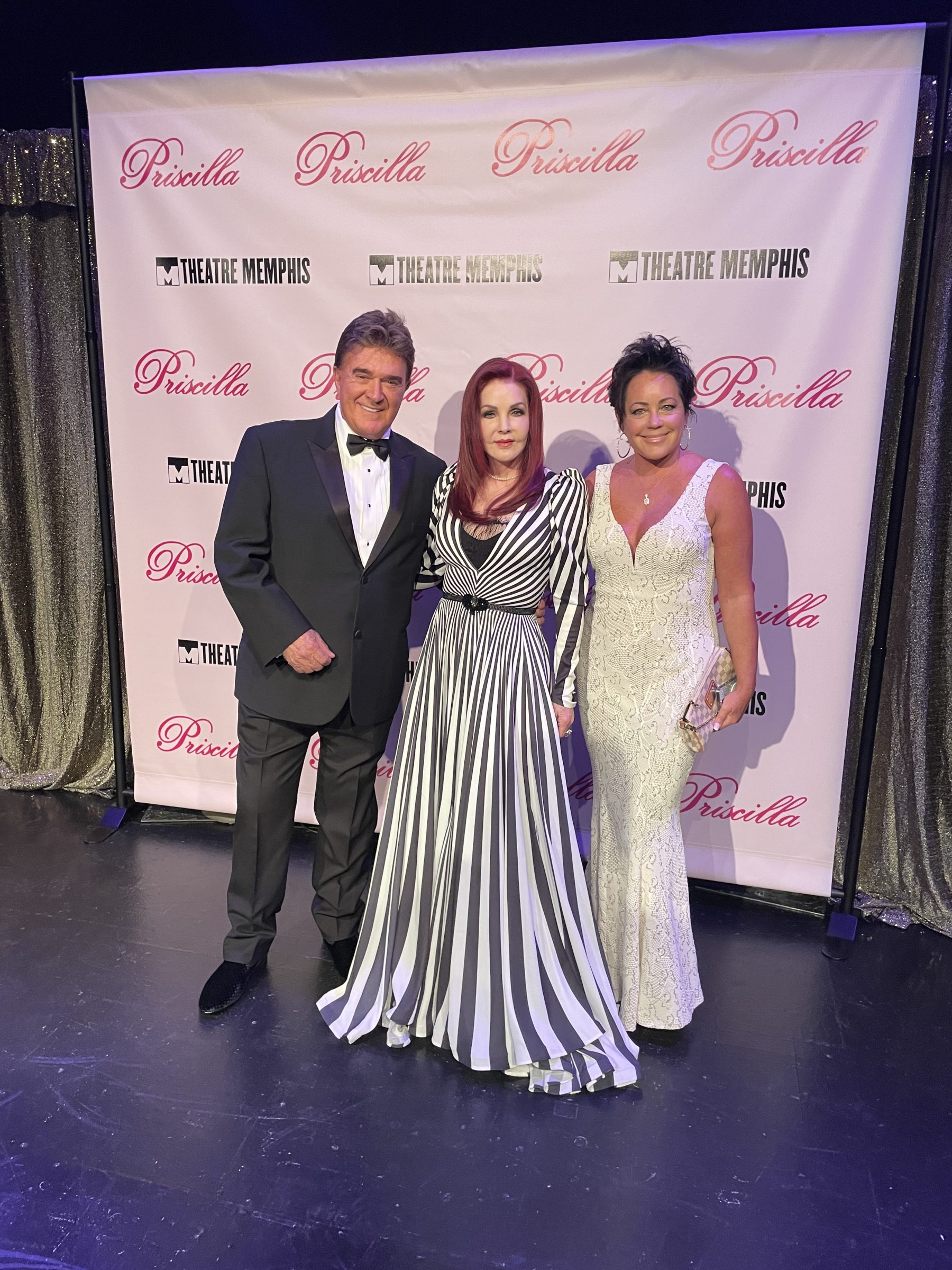
For one, Presley was responsible for Graceland being saved and being opened to the public, instead of being sold.
She portrayed “Jenna Wade” on TV’s Dallas. She was in movies, including the Naked Gun trilogy. She came out with her own perfume and line of bed linens. She came up with the idea of coupling a lightning bolt image with the words “TCB” during an airplane flight with Elvis in a storm.
All of this and much more was referred to during the evening. According to the program, Presley also is an ambassador with the Dream Foundation, which helps fulfill dreams of terminally-ill adults. And, the program states, “She has also worked closely with the Humane Society of the United States and has spent time in DC to lobby Congress to pass the ‘Prevent All Soring Tactics’ (PAST Act) bill that will strengthen enforcement of the 1970 Horse Protection Act.”
“Congressman Steve Cohen announced from the stage that he entered a declaration in to the Congressional Record that Priscilla Presley is now an honorary Memphian,” Dabney says. “The Mayor (Jim Strickland) came with a key to the city and a proclamation, and the Tennessee governor (Bill Lee) had a proclamation for Priscilla. Kevin Kane was the presenter.”

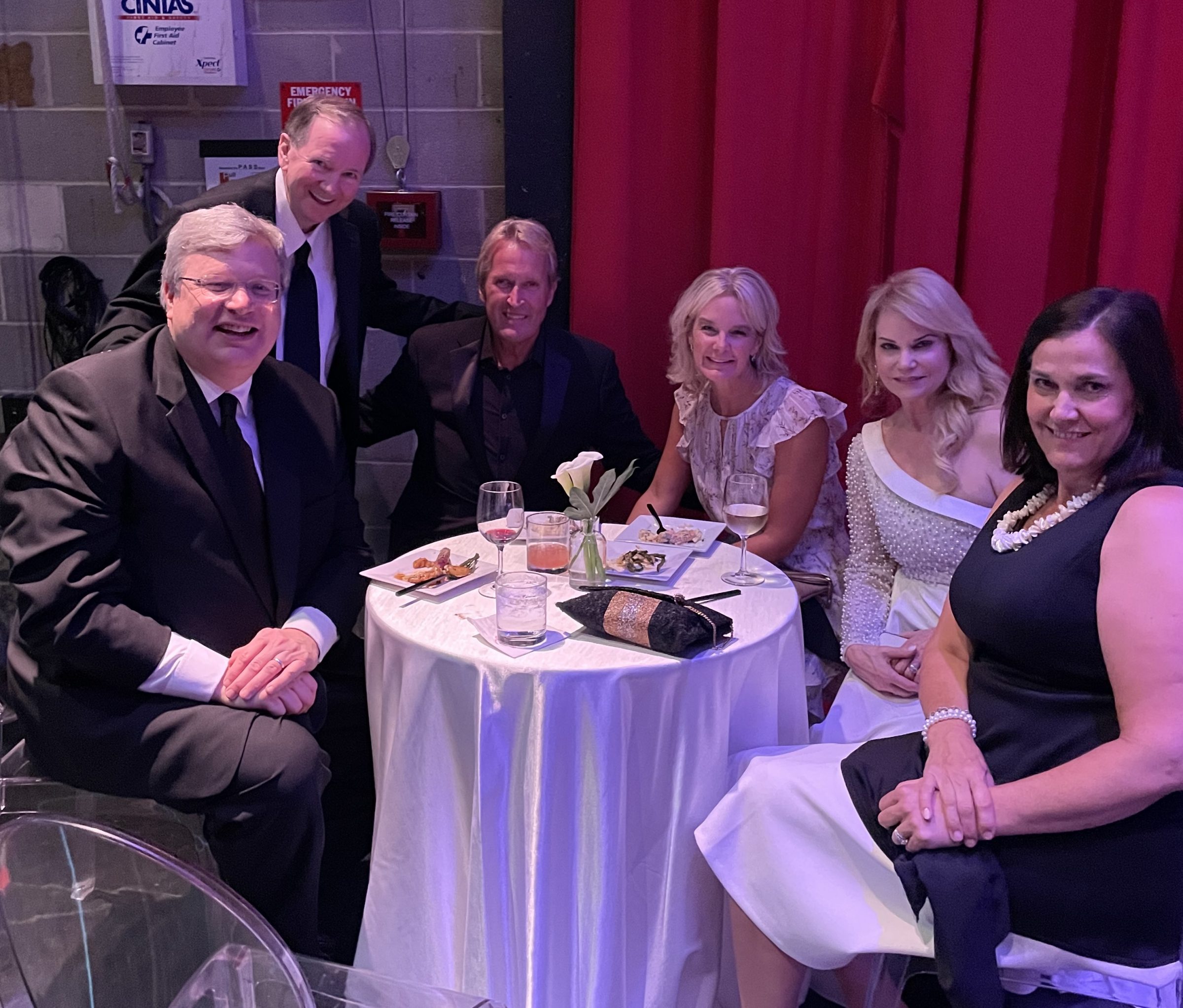
All the presentations were in honor of “this 40th anniversary of her opening Graceland. It could not have been a better celebration for her.”
Debbie Litch, Theatre Memphis executive producer, announced “The Theatre Memphis – Priscilla Presley Scholarship,” which, according to the program, will “make an artistic dream come true.”
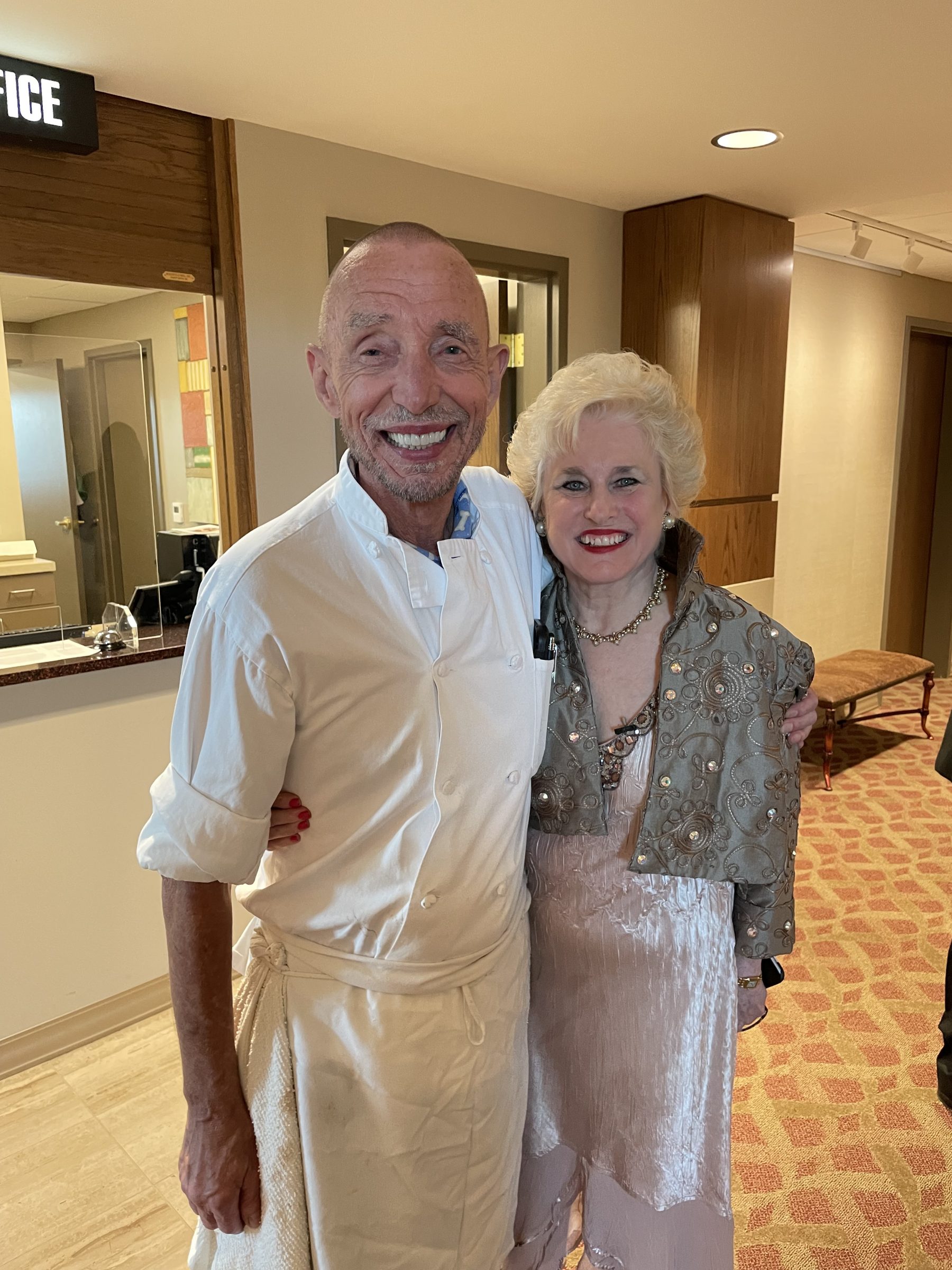
Memphis artists who performed during the evening included guitarist-songwriter-producer Mario Monterosso, singer/pianist Brennan Villines, who wore a pink tuxedo and slippers with the “TCB” lightning bolt on the toes, and Kallen Esperian, who sang “God Bless America.”

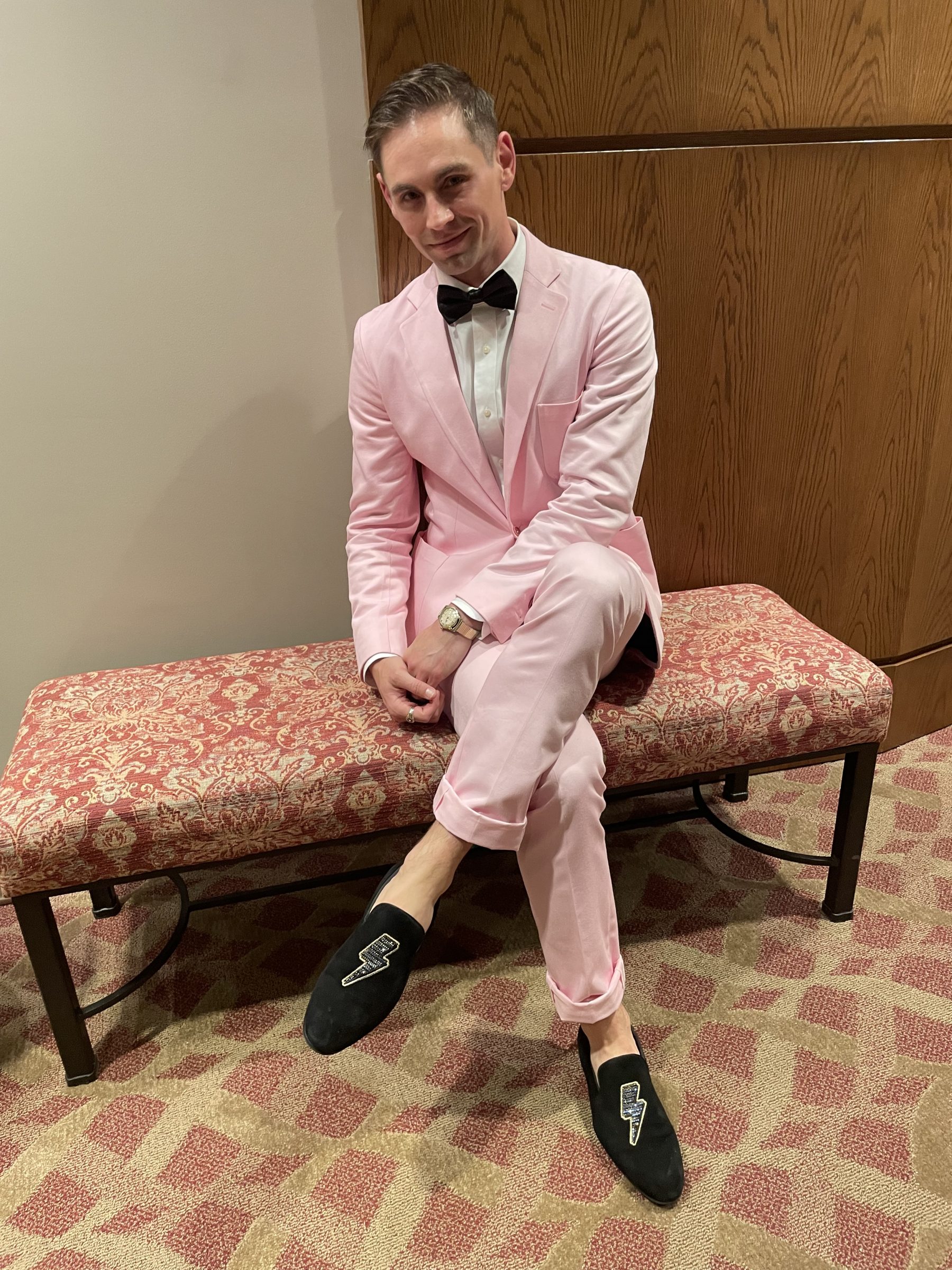
“One of the most popular drinks of the evening was the one created for the party named the ‘Priscilla,'” Dabney says.
“The drink was a French 75 made with vodka instead of gin.”
It also included lemon juice, simple syrup, and champagne.
Lansky Brothers was corporate sponsor of the event. And, as a side note, Monterosso’s tuxedo came from Lansky’s.
Dabney says she received more than 100 texts, telephone calls, and emails from people about the tribute. People are “so thrilled for her and for the city of Memphis to acknowledge her continuing great works on behalf of our city,” Dabney says.
It was also good timing that the celebrated movie directed by Baz Luhrmann, Elvis, recently released and premiered at The Guest House at Graceland. “We were able to celebrate her a month after she welcomed the cast and crew and Warner Brothers into Graceland. She had a dinner party inside the mansion for them.”
Lurhmann also gave remarks via video at the event.
Dabney met Presley 25 years ago at a red carpet event in Los Angeles. “We just see each other all the time. And we just have a ball.
“This has been in my heart to honor Priscilla in our city for years and years. And her family knows it, my dear friends know it.”
Priscilla stayed in town several days after the event. Elizabeth Coors and her husband, Giles, held a private dinner party for Priscilla the night after the tribute.
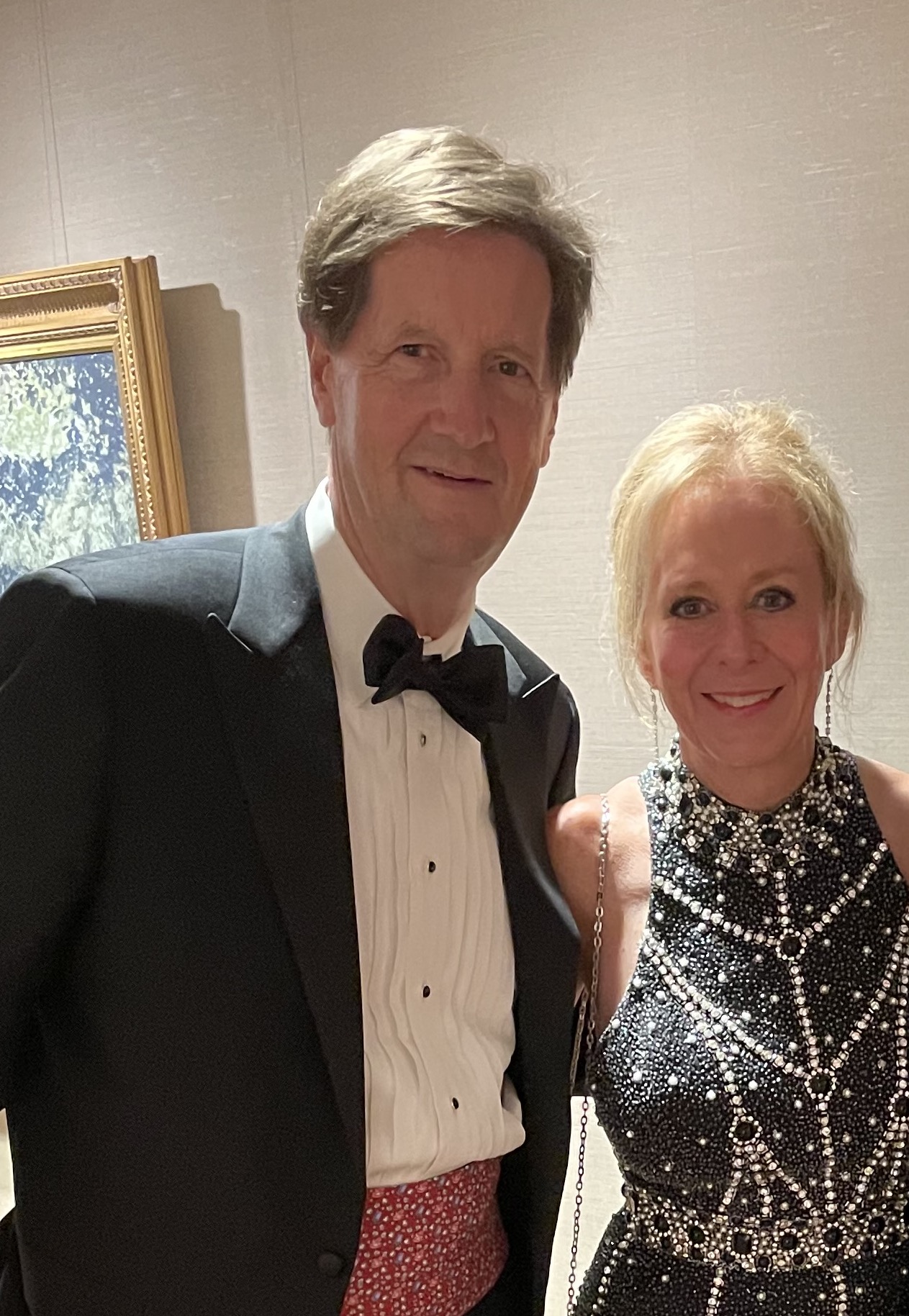
Dr. Jonathan Finder, who attended the tribute with his wife, Jana, talked with Presley a few days after the event at Sam Phillips Recording Studio. “What struck me about chatting with Priscilla was how she came across as incredibly kind and down to Earth,” Finder says. “And at the same time so very sharp and insightful. A remarkable person who has led a remarkable life.”
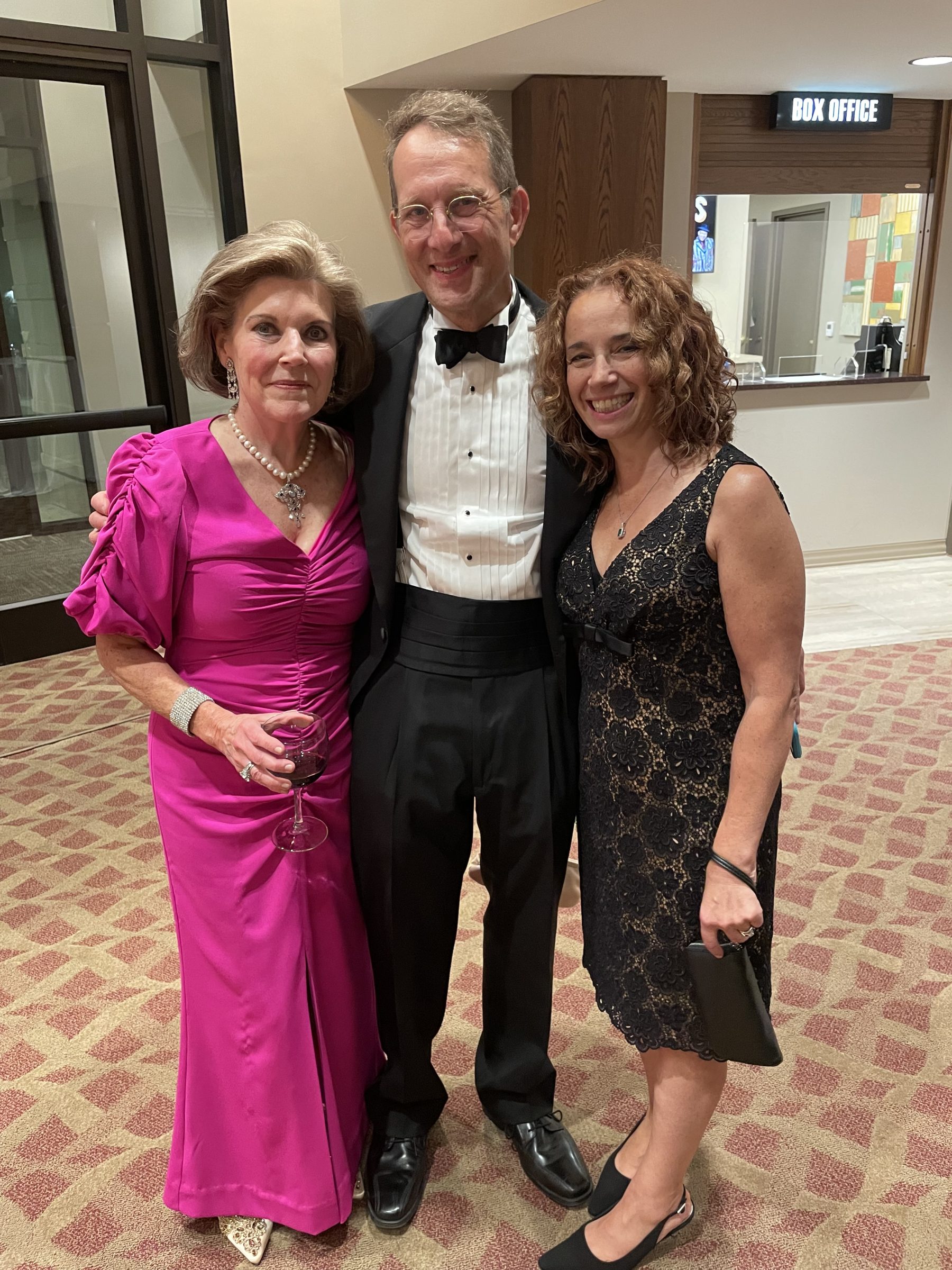
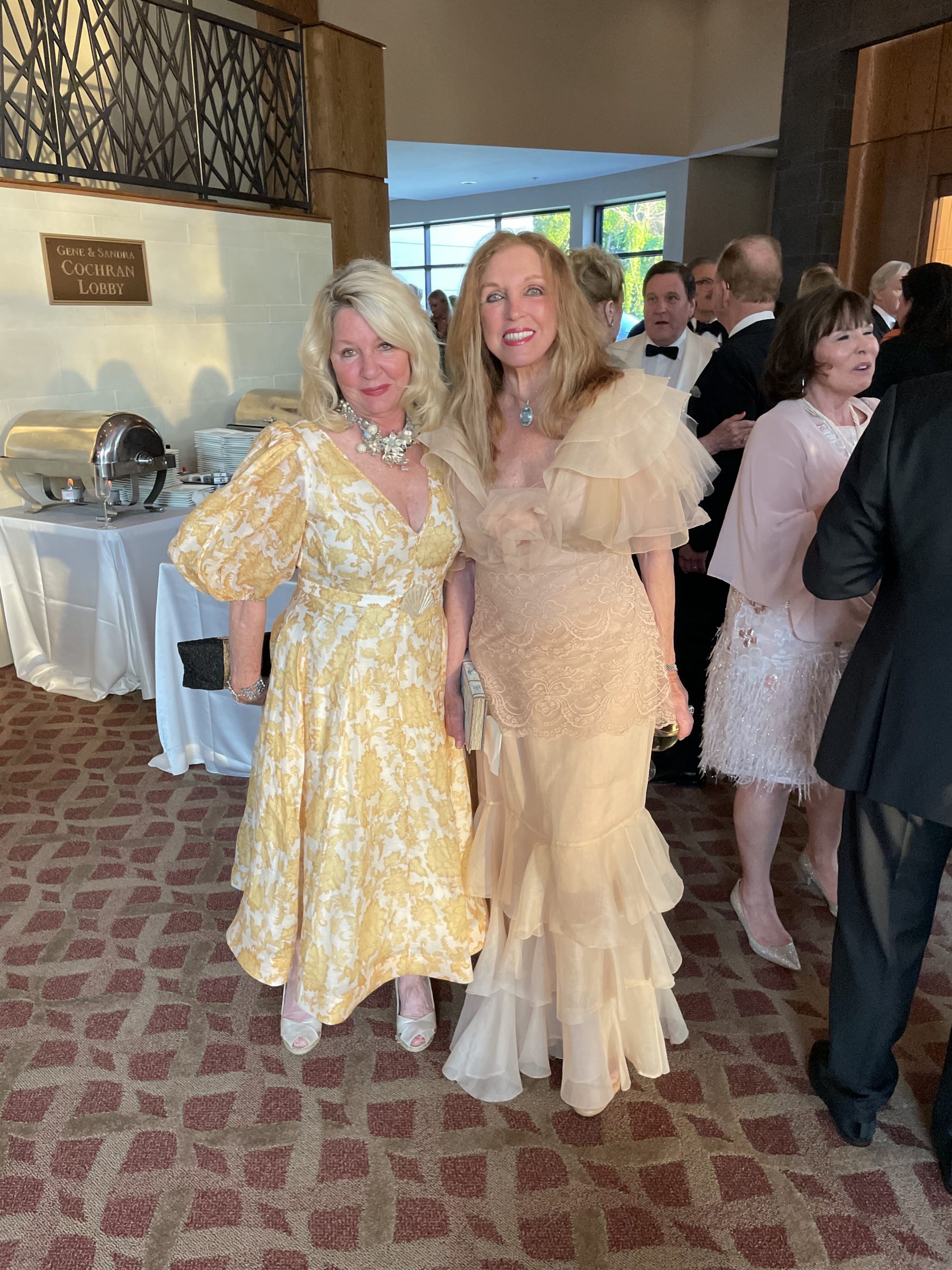
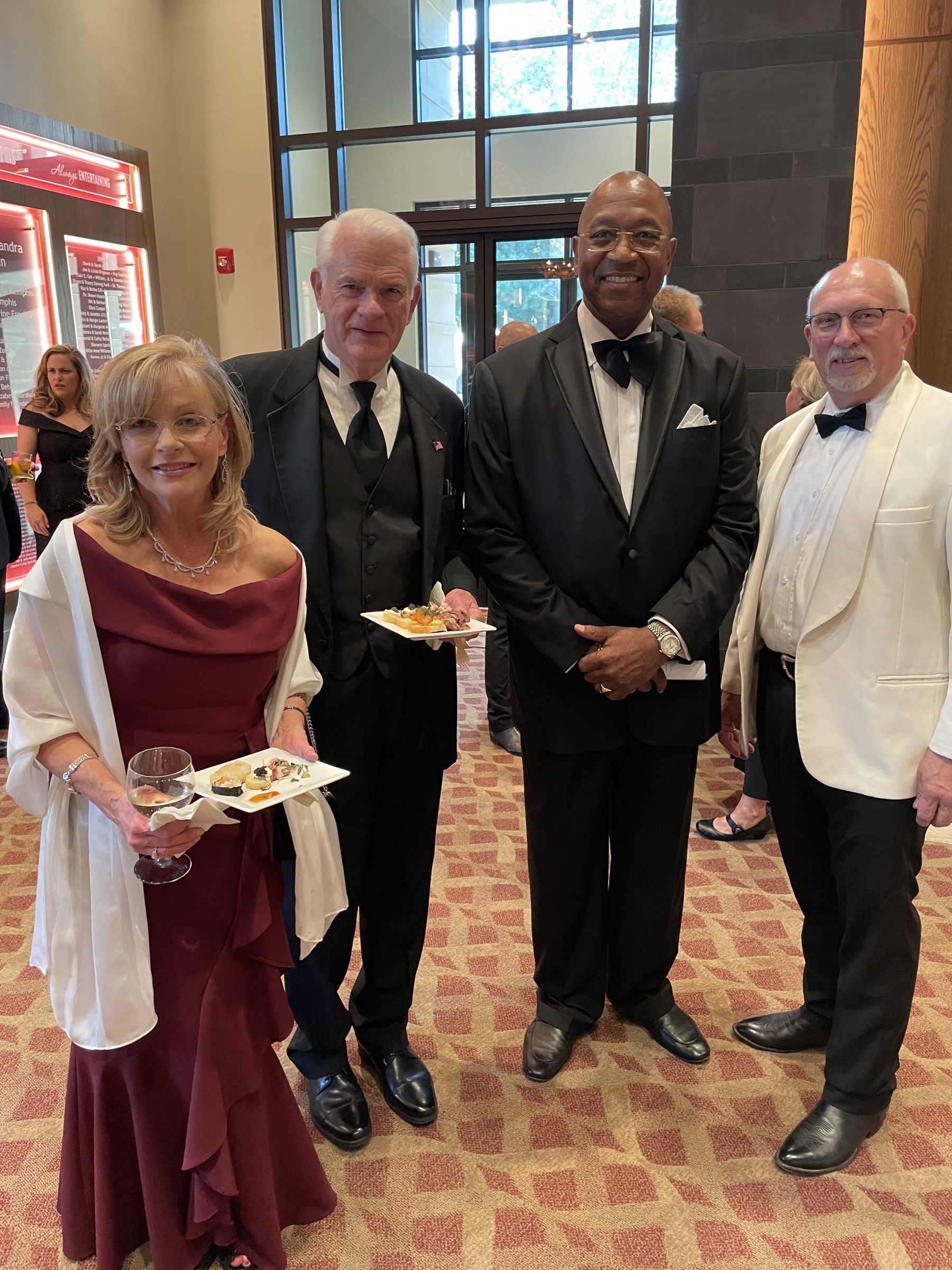
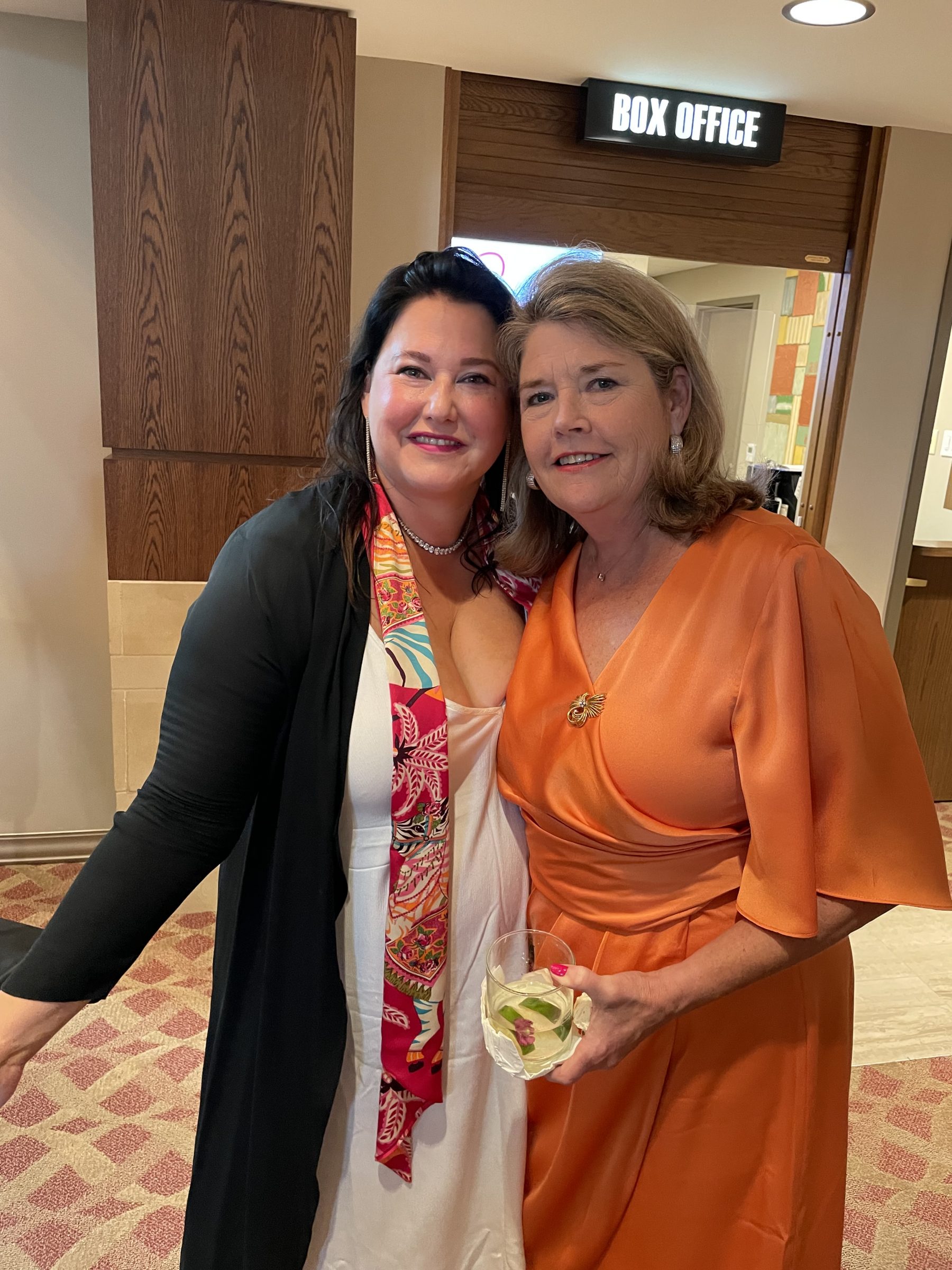

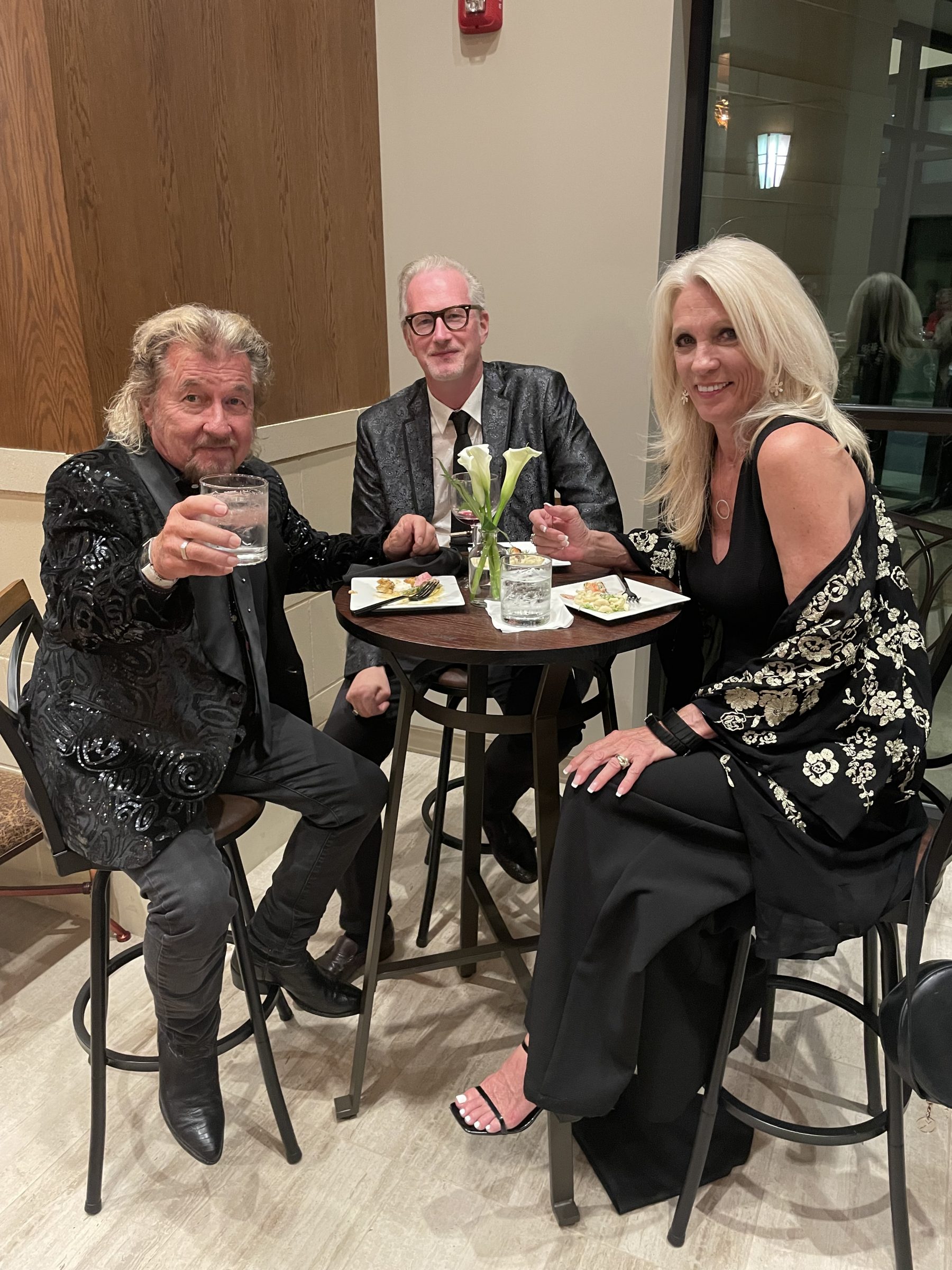
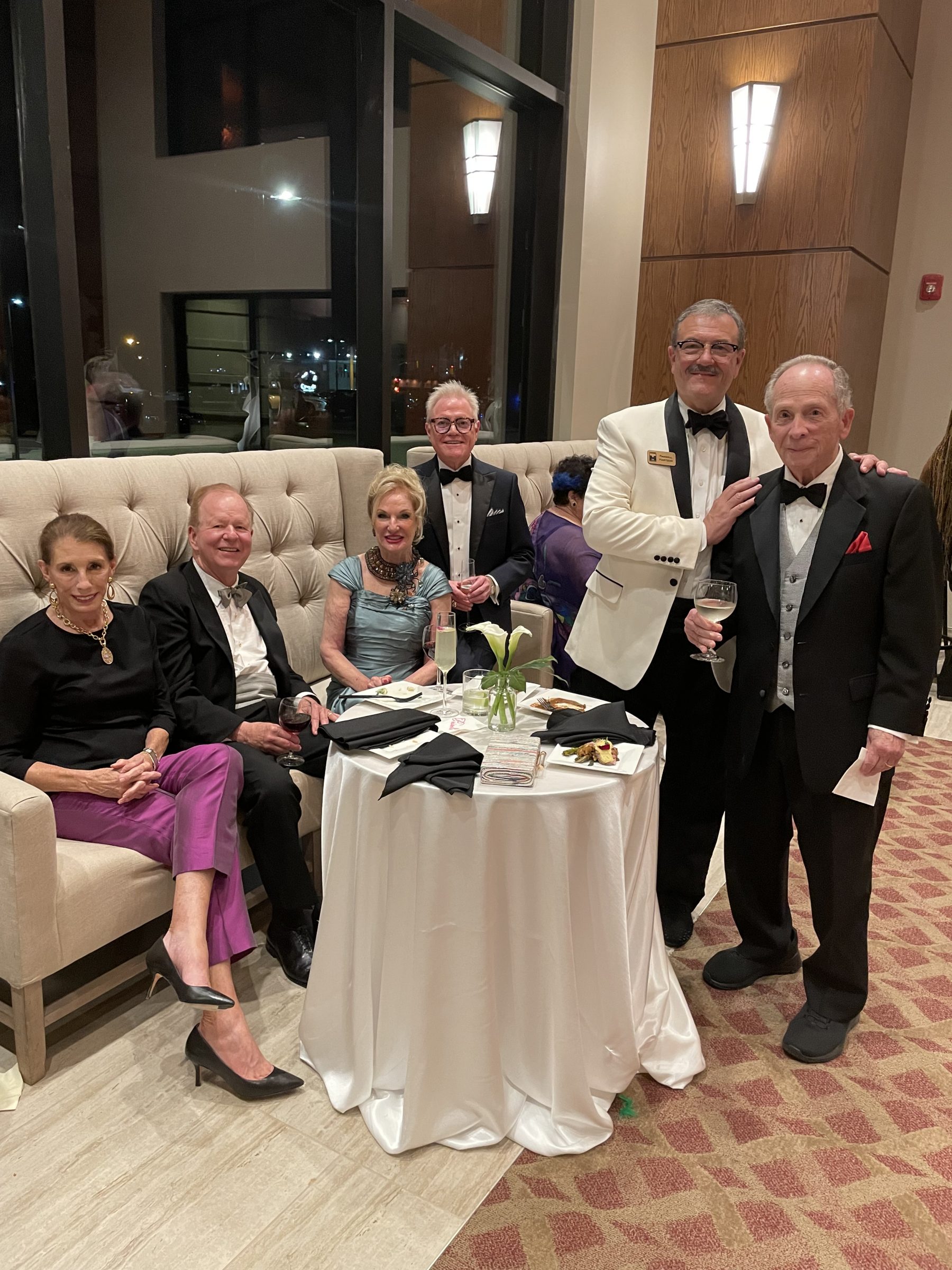

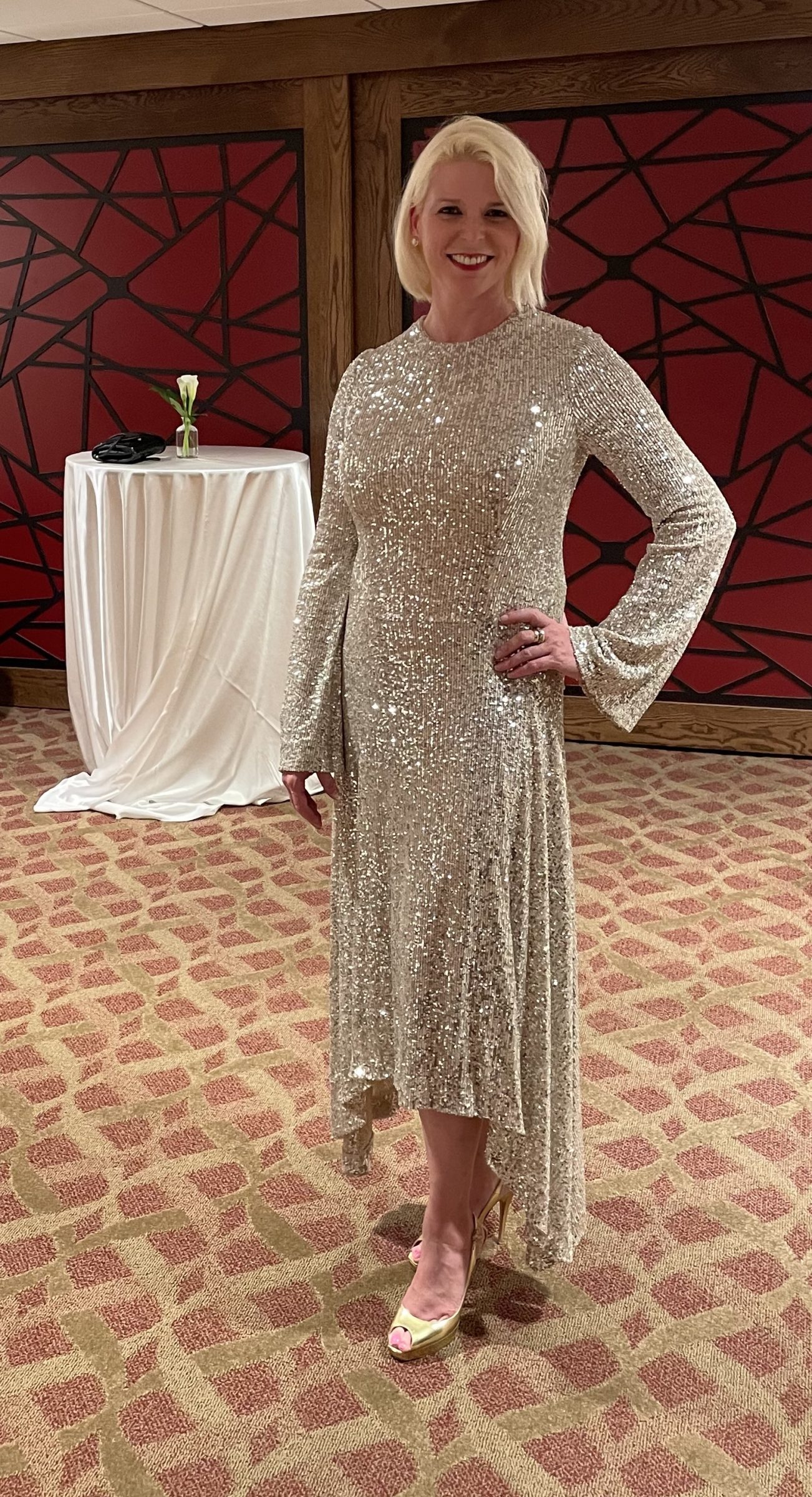
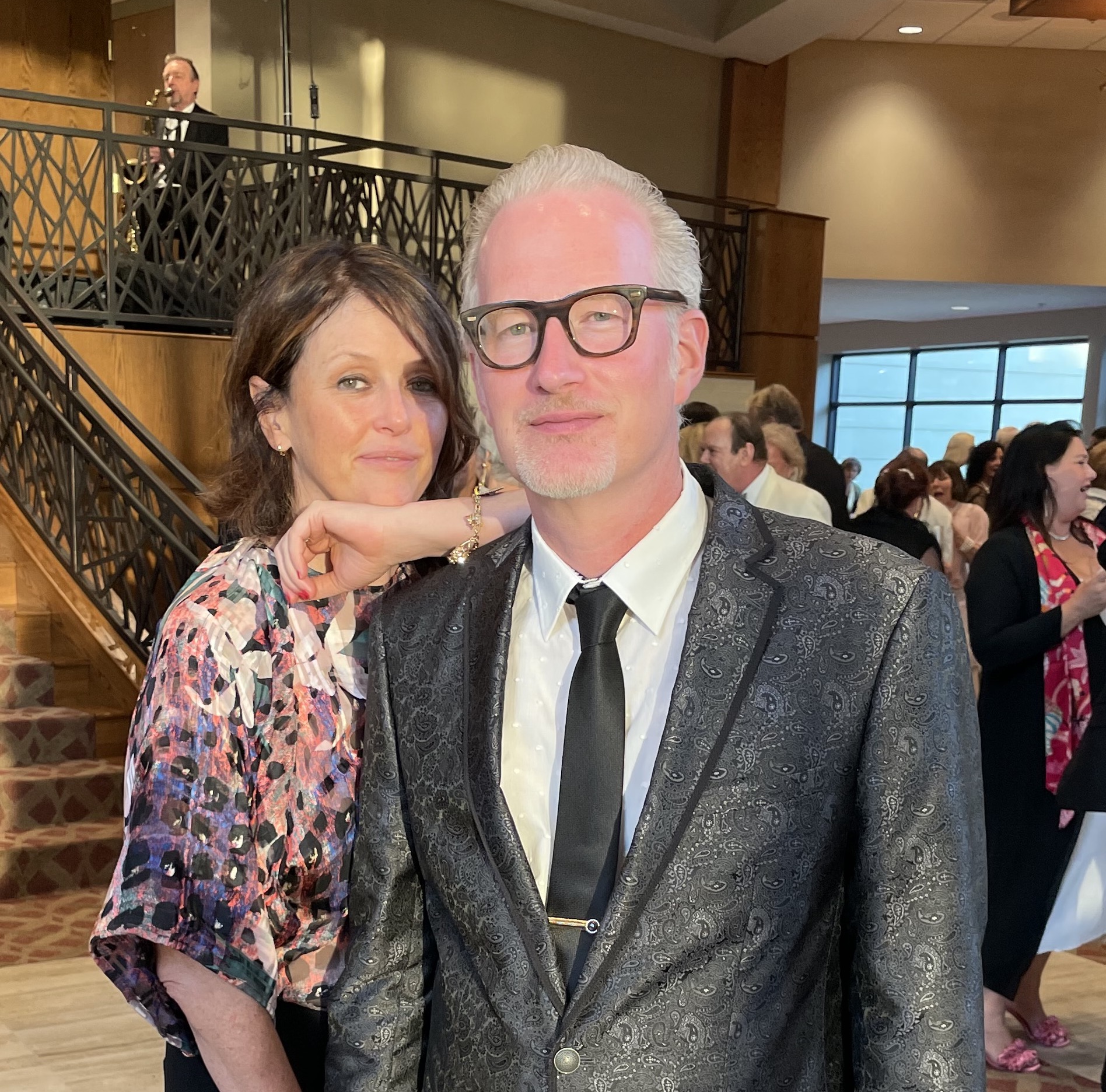
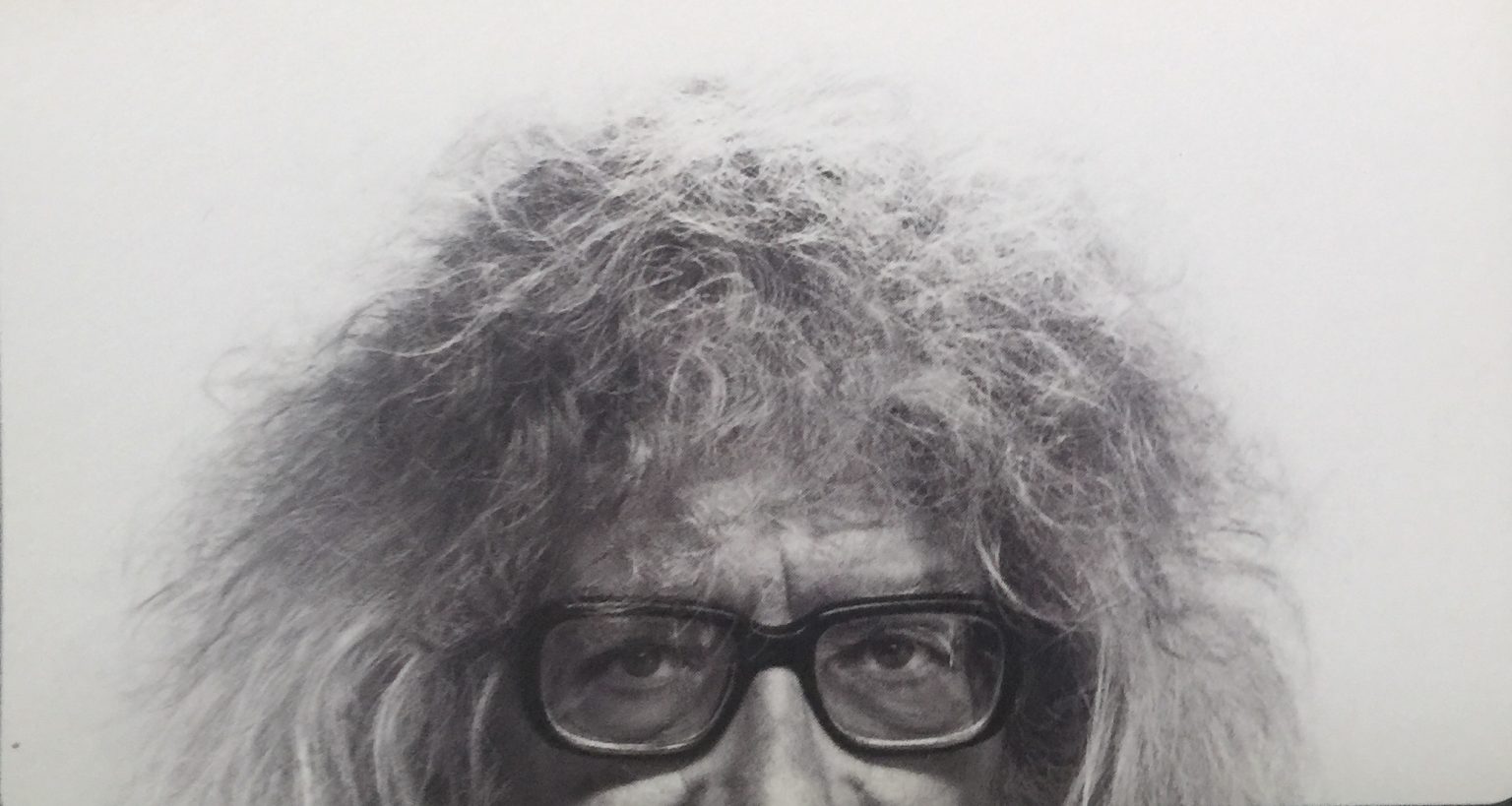


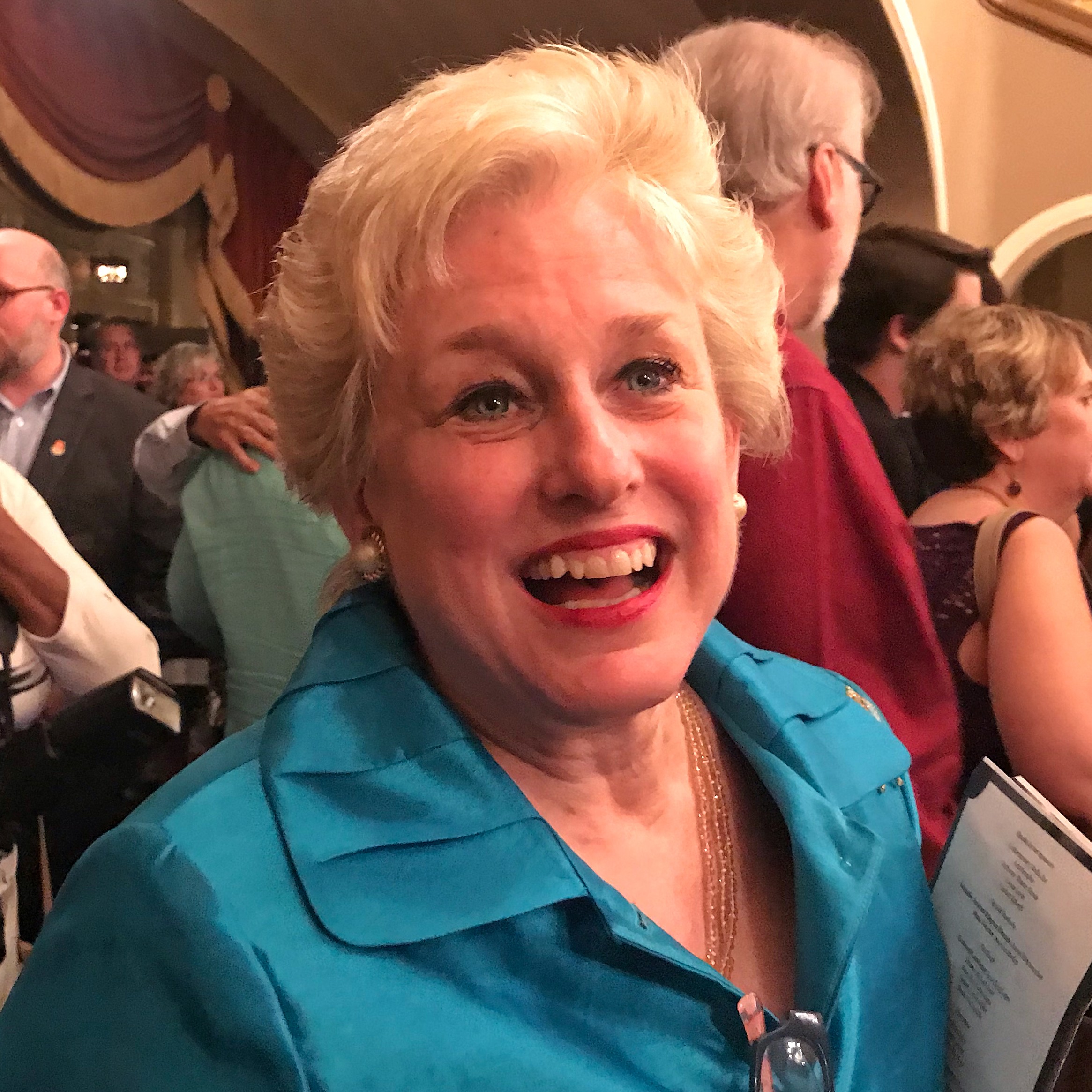 Jon W. Sparks
Jon W. Sparks 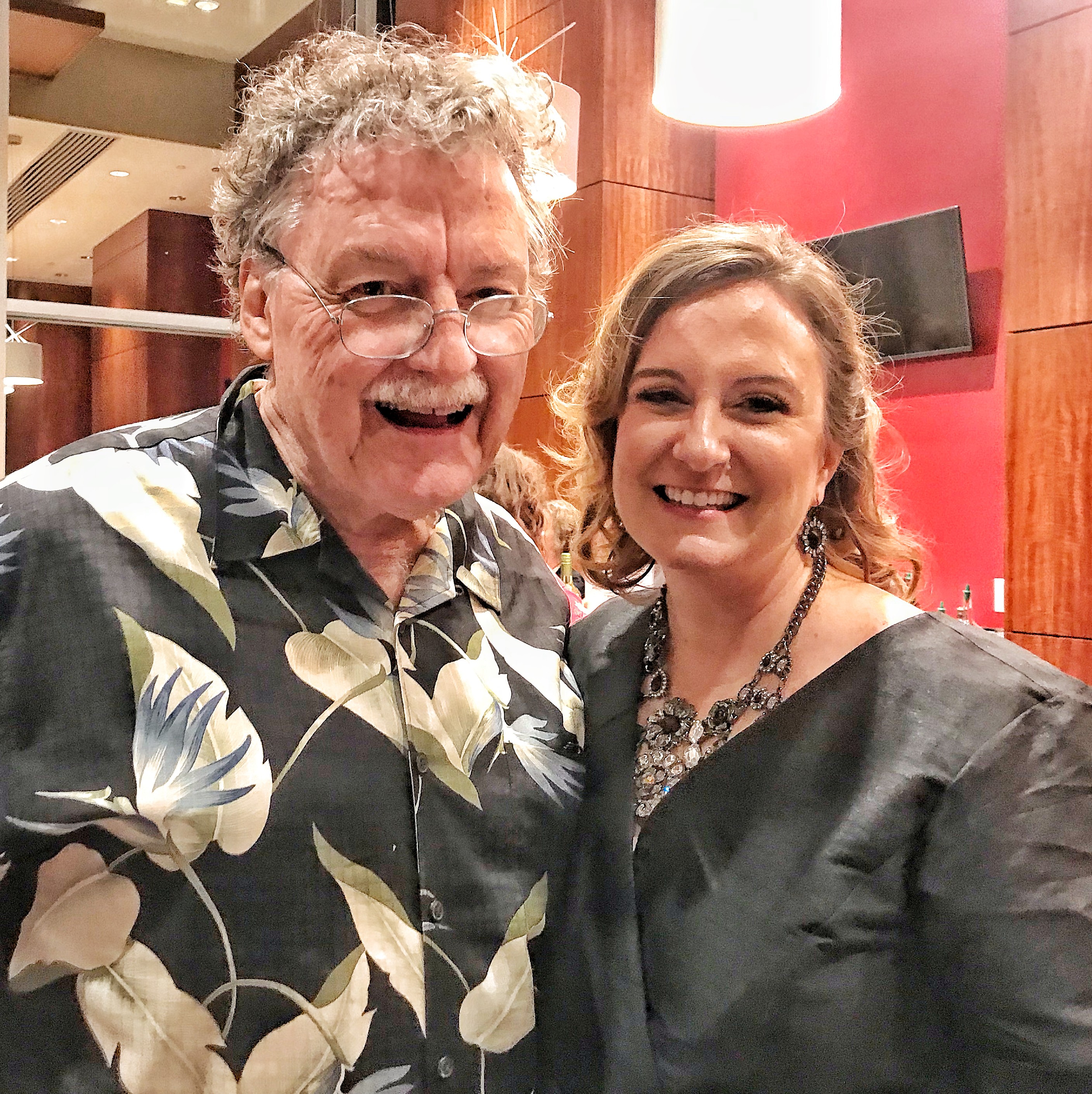 Jon W. Sparks
Jon W. Sparks 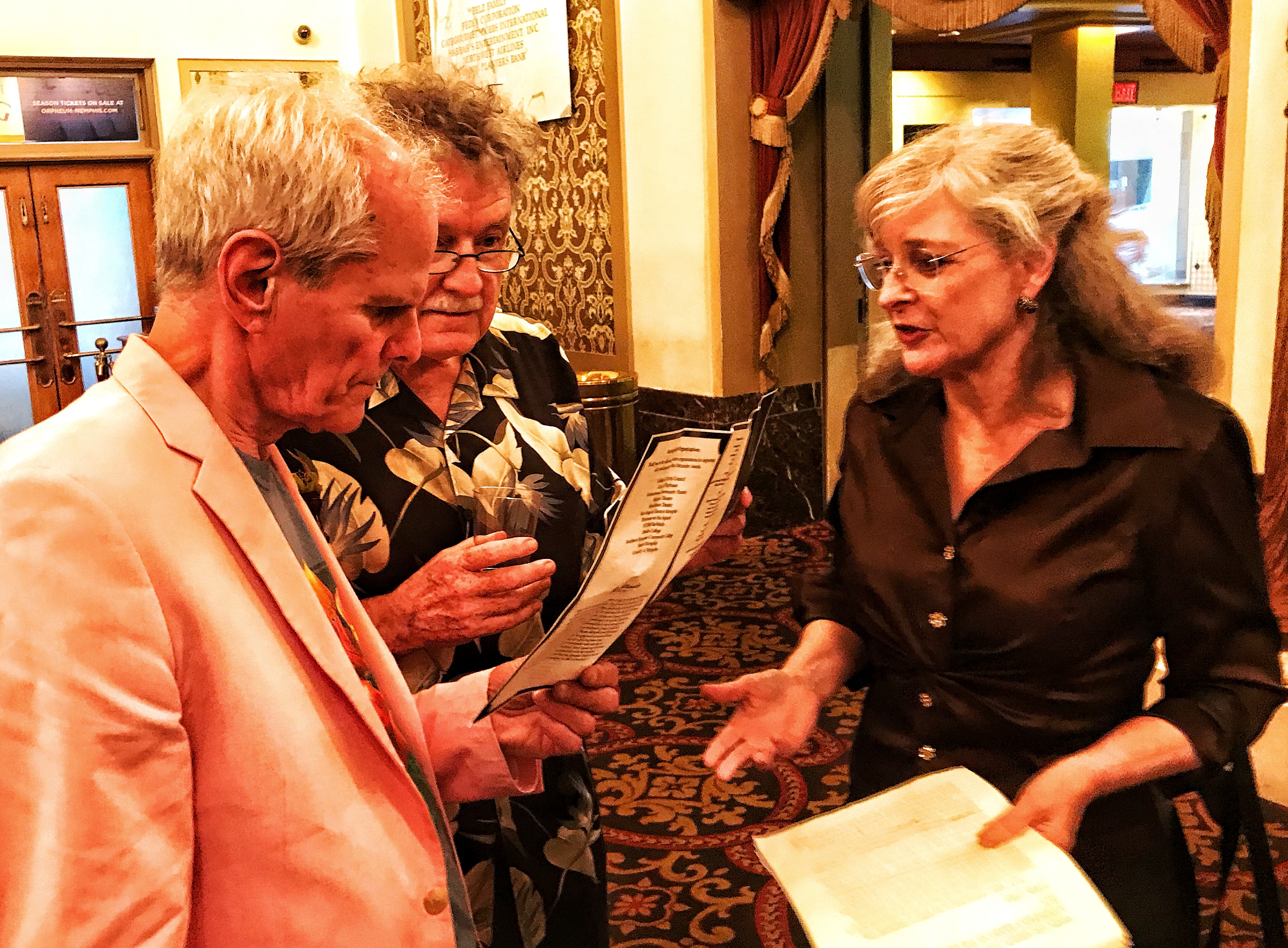 Jon W. Sparks
Jon W. Sparks 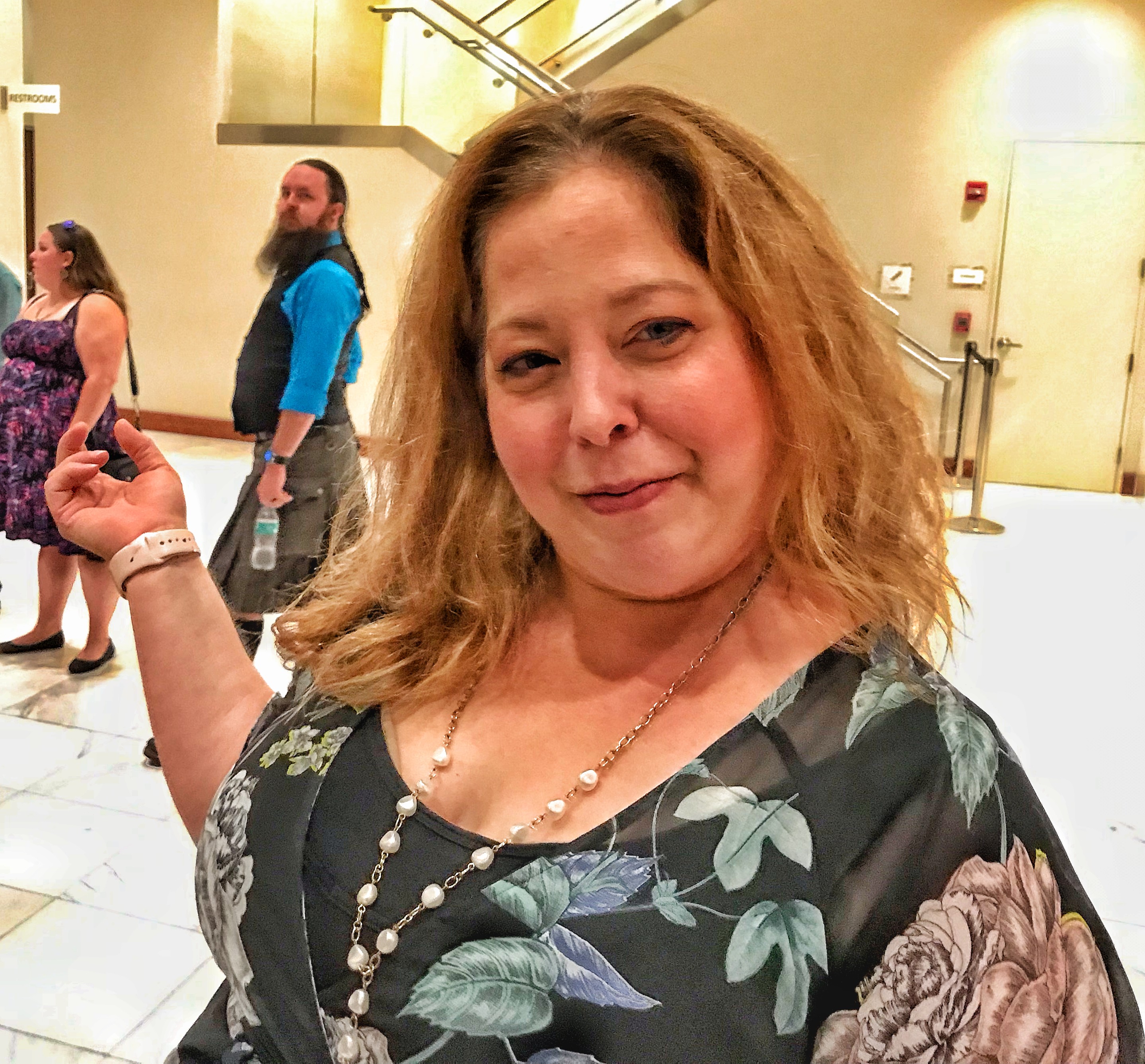 Jon W. Sparks
Jon W. Sparks 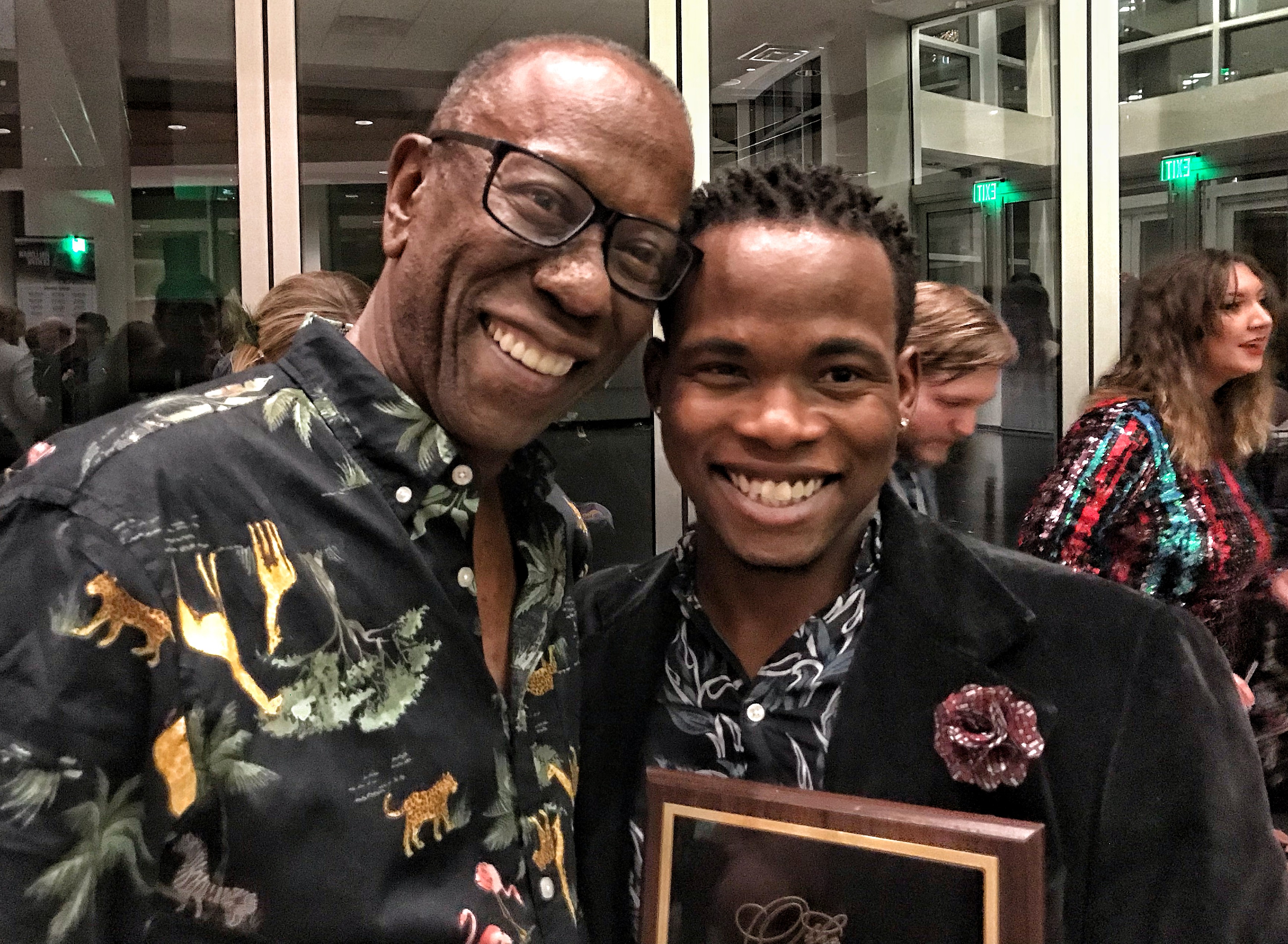 Jon W. Sparks
Jon W. Sparks 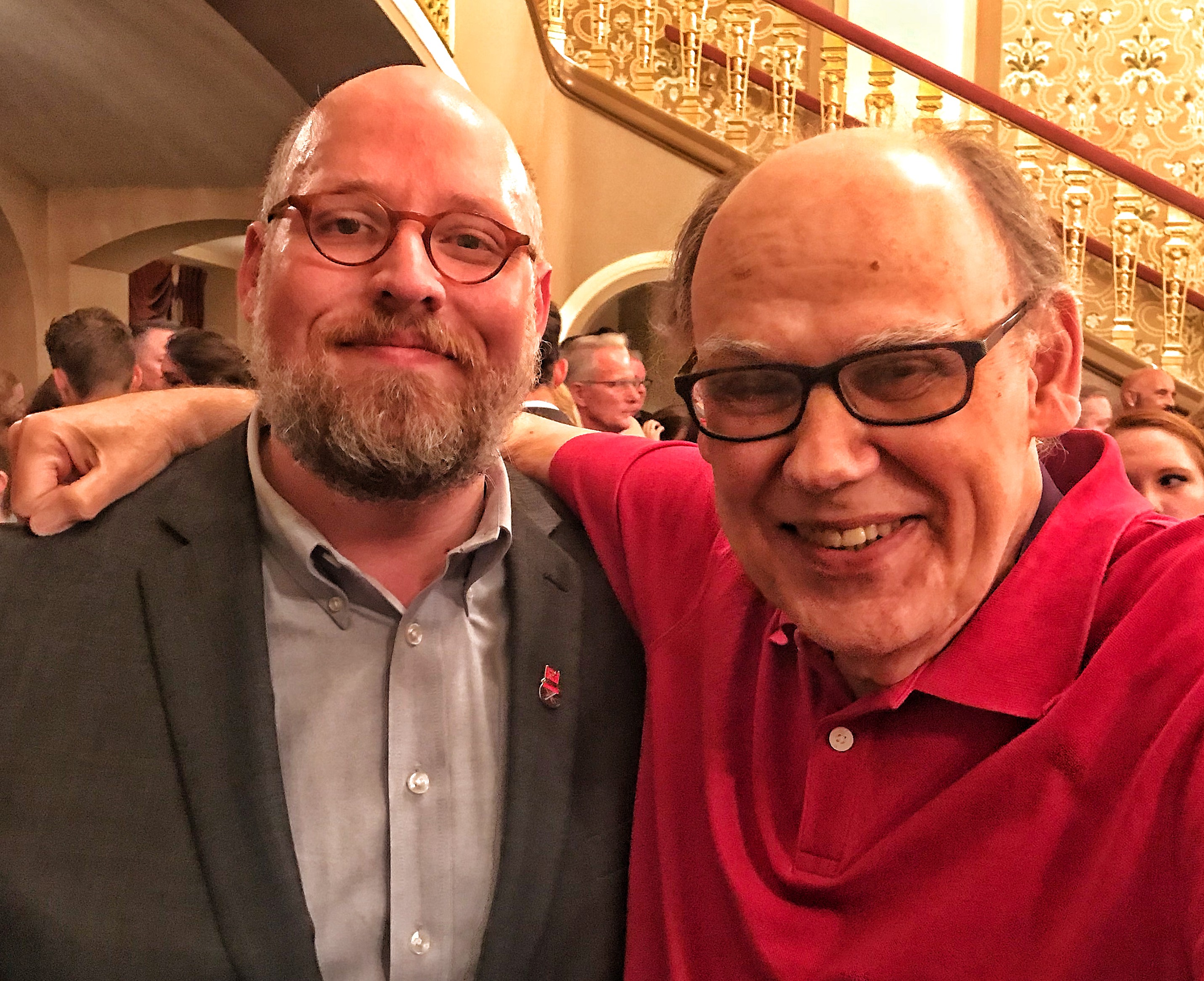 Jon W. Sparks
Jon W. Sparks 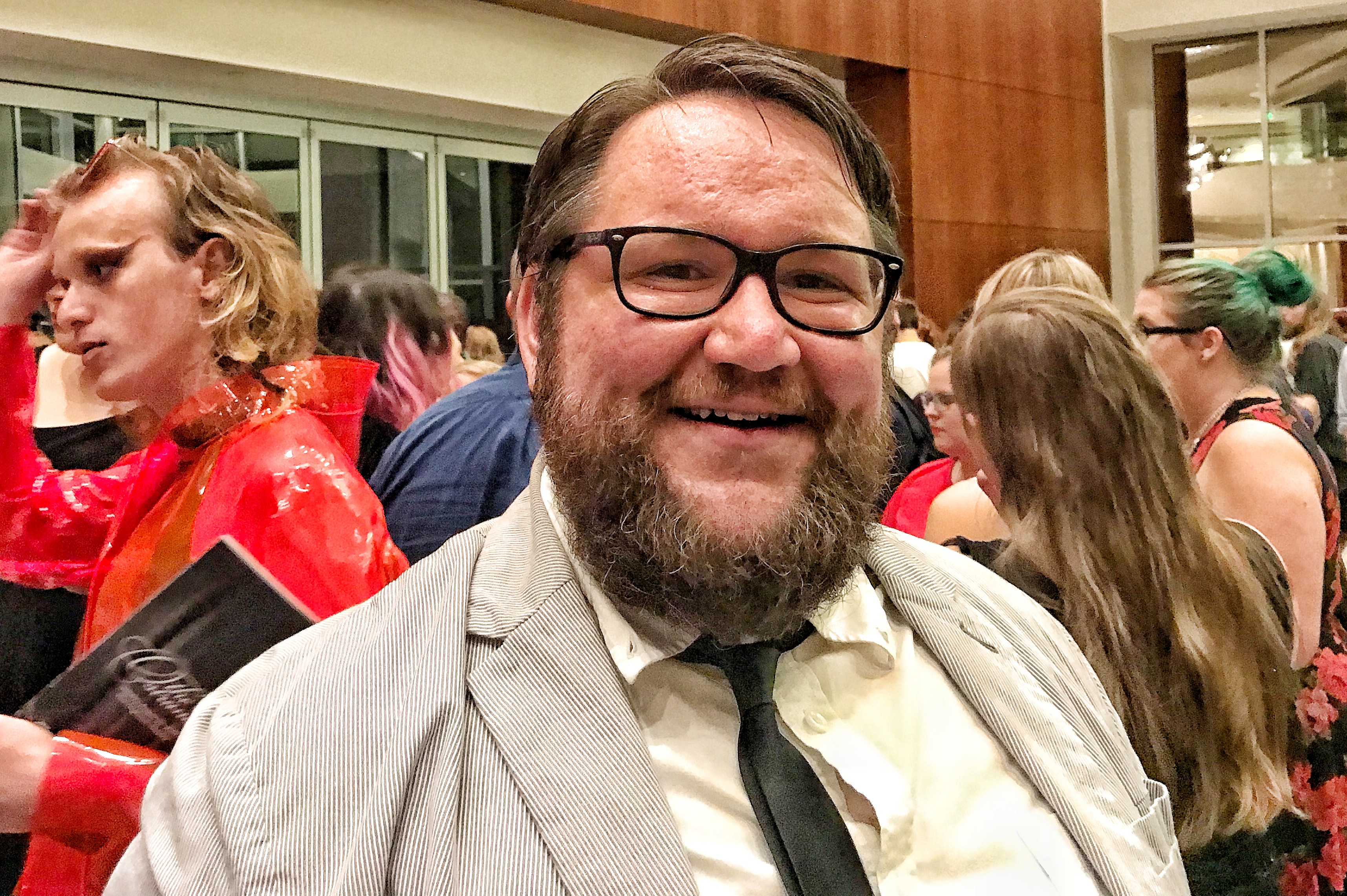 Jon W. Sparks
Jon W. Sparks 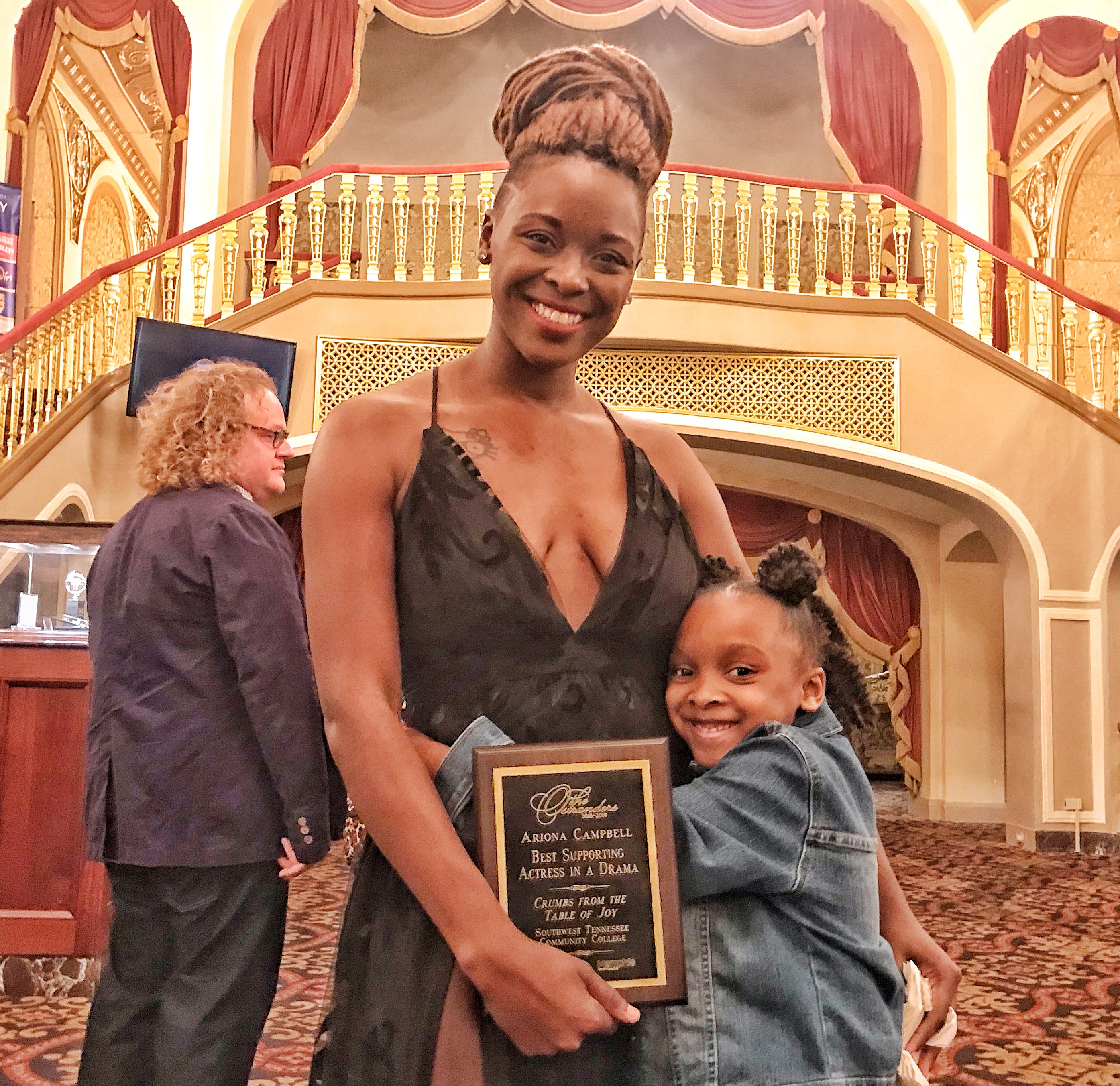 Jon W. Sparks
Jon W. Sparks 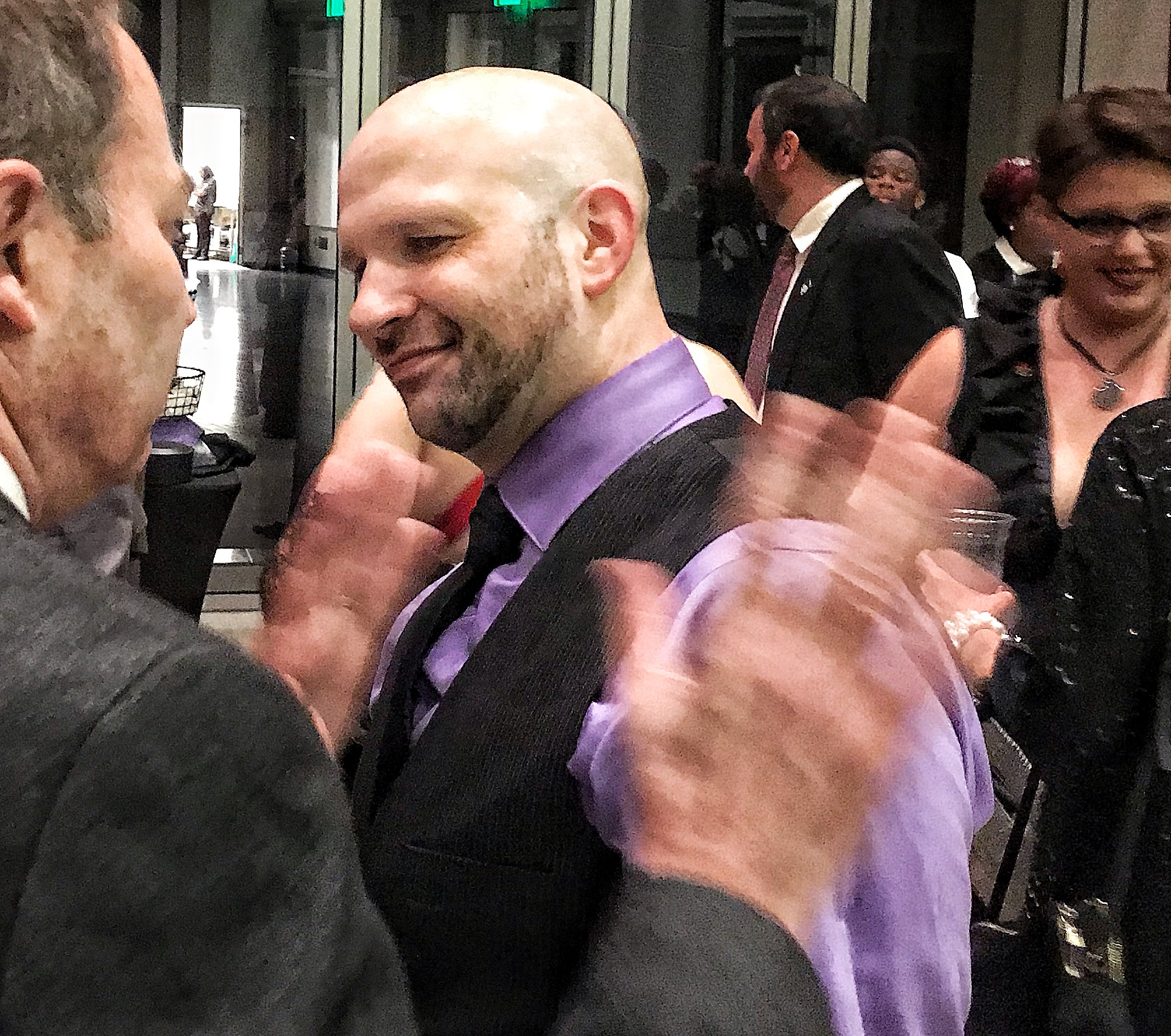 Jon W. Sparks
Jon W. Sparks